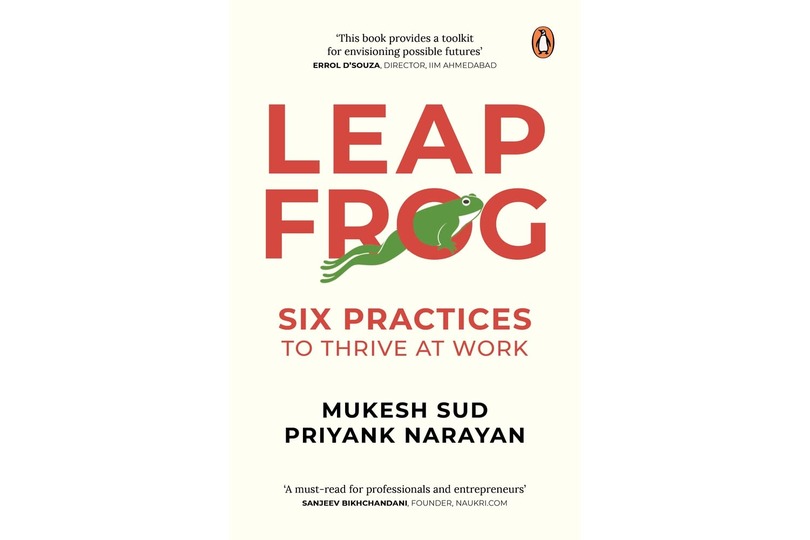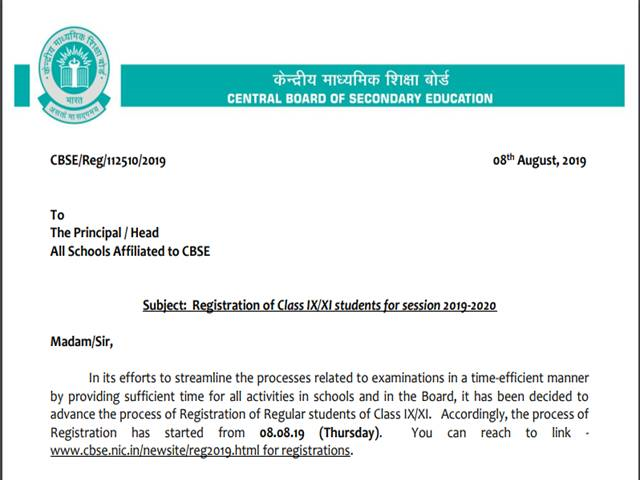Leap Frog: Six Practices to Thrive at Work By Author Mukesh Sud and Priyank Narayan: Book Review
The book begins with an introduction to its core concepts. For those willing to delve further, the authors have also proffered a toolbox, an epilogue, an appendix, notes, and referenceson Jan 02, 2023

Composed by Author Mukesh Sud and Priyank Narayan's Leap Frog: Six Practices to Thrive at Work comprises six evidence-based insights poised to help individuals excel in their careers at an incredible pace.
The book is for professionals, especially senior employees, who fear being replaced by agile newcomers at the workplace.
Each of the six practices that the authors advise is represented by a separate chapter in the book: "Develop grit," "Nudge yourself," "Be intellectually modest," "Dance with disciplines," "Curate the chaos," and "Think entrepreneurially."
The book begins with an introduction to its core concepts. For those willing to delve further, the authors have also proffered a toolbox, an epilogue, an appendix, notes, and references.
The authors have identified these concepts and have intricately woven stories around them to help readers imbibe and implement them in the real world.
The first chapter distinguishes between deliberate practicing and mindless repetition. It contends that people who develop grit tend to like the monotony that comes with performing a task repeatedly and do not view it as punishment. Even if they find themselves bored with monotonous tasks, they incorporate fun to alleviate it. Further, in the next chapter, the authors discuss celebrating small wins, devising a "choice architecture," and engaging with social groups. The chapter focuses on making simple changes in work habits that significantly facilitate decisions.
It also highlights that, when it comes to accepting responsibility for one's progress, nudges can be more successful than mandates, both in an employer-employee relationship and in general.
The chapter on intellectual humility discusses how we often feel threatened by the perceptions of others that differ from our own. It delineates that one can prosper at work only by accepting limits to what one knows and listening to countering beliefs.
The six principles seem doable on paper but might be challenging to put into reality; thus the authors have included a helpful toolset called "Personal Journey Map" as a solution within the book.
It assists readers in understanding their objectives, current portfolio, gaps, and obstacles. They can use the framework it provides to scan the future environment for necessary actions, sacrifices, and opportunity costs. It helps them create a plan and a timetable to track their progress at each stage. At last, this is a mentorship program that has been reduced into a book.
Give this book a read, and navigate your professional future with confidence.



.jpg)






.jpg)

.jpg)
.jpg)
.jpg)
.jpg)
.jpg)










Sorry! No comment found for this post.